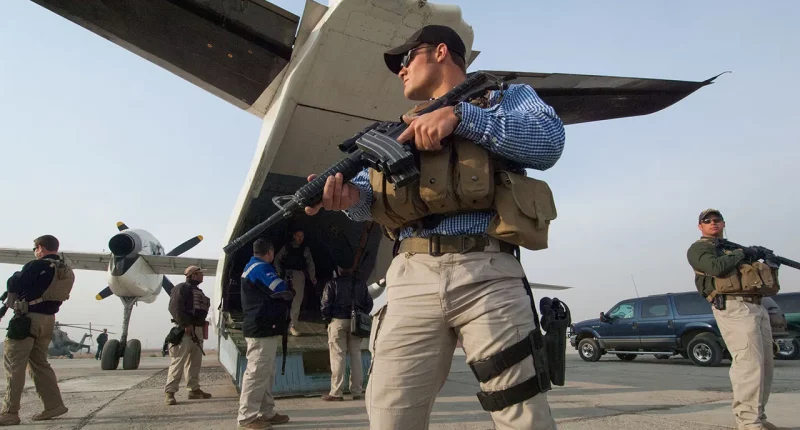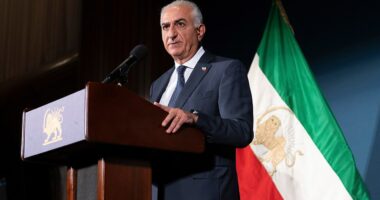Share this @internewscast.com
NEWYou can now listen to Fox News articles!
The issue of creating a “day after” strategy for the Gaza Strip has been a stumbling block in discussions involving Israel, the U.S., Arab countries, and Hamas for months, and it has ultimately resulted in Hamas refusing to free the 55 hostages still held there.
Nonetheless, foreign policy leaders and Washington-based security specialists might hold the key to overcoming this challenge and aiding in the recovery of the war-torn Gaza Strip: private security contractors (PSCs).
PSCs, with extensive experience in the Middle East and decades of valuable insights, could serve as non-state actors to establish stability and progress for the Palestinians. However, their efforts must begin with humanitarian aid, said John Hannah, a former national security advisor to Dick Cheney and a senior fellow at the Jewish Institute for National Security of America (JINSA), in a statement to Fox News Digital.
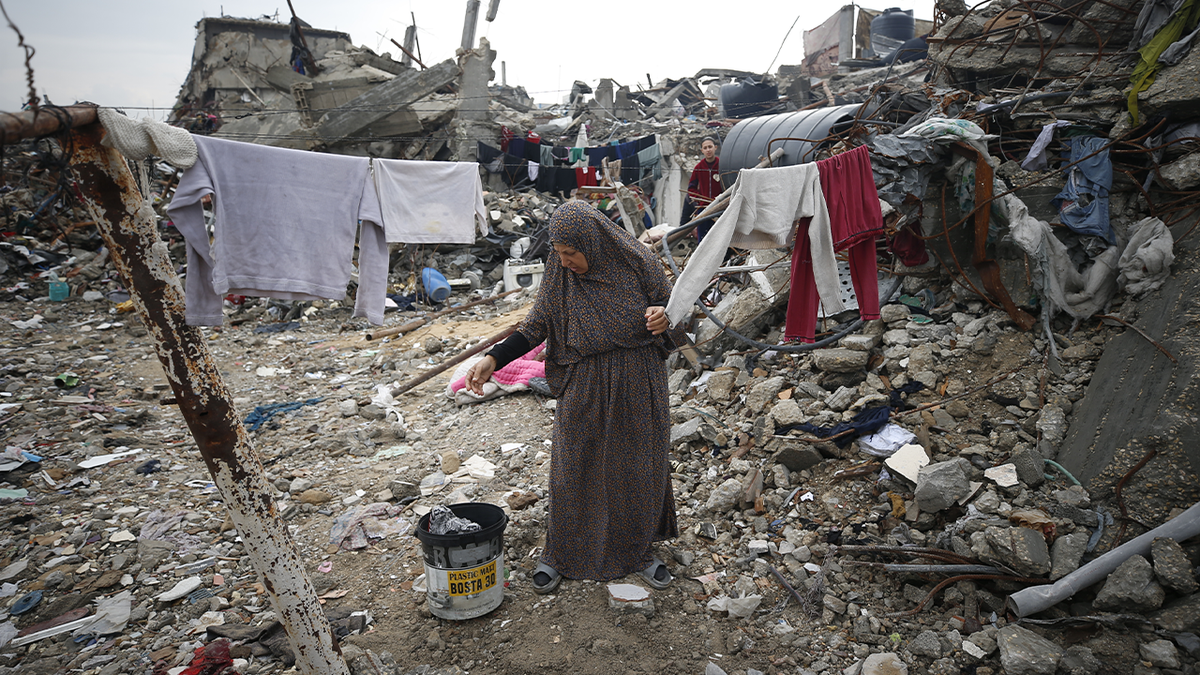
Palestinians continue their daily lives under harsh conditions amid the rubble of destroyed buildings in the Jabalia refugee camp in northern Gaza following the enforcement of a ceasefire agreement on Feb. 10, 2025. (Mahmoud ssa/Anadolu via Getty Images)
Though the reports of the level of chaos have reportedly been exaggerated by Hamas – which ultimately would benefit from the GHF’s failure as experts have explained – the group initially drew some criticism over transparency concerns, though the group has been looking to remedy this with regal updates.
The group, which saw its third leadership in as many weeks earlier this month, told Fox News Digital that despite some frustration among world leaders and aid groups, its goal is to work with major organizations like the United Nations and others to better distribute aid across Gaza where those programs are still flagging.
U.S. Ambassador to Israel Mike Huckabee confirmed last month that the GHF’s distribution centers would be protected by private security contractors.
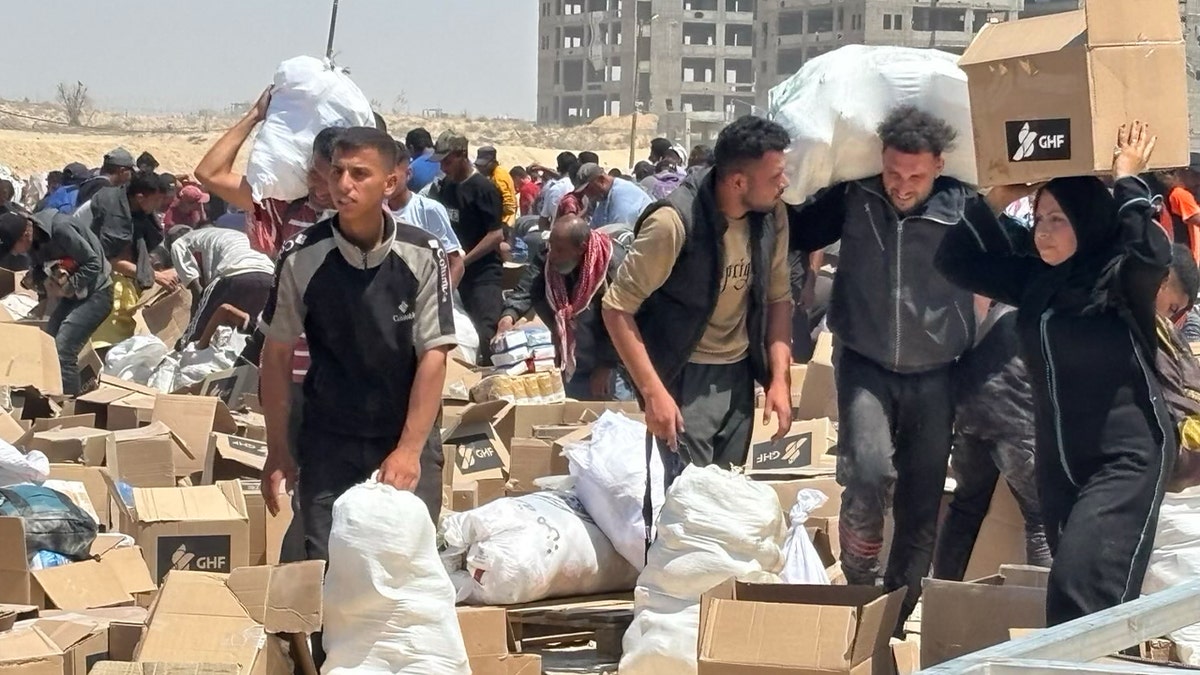
Palestinians in Gaza get aid from the U.S. and Israel-backed Gaza Humanitarian Foundation. (Gaza Humanitarian Foundation)
Though while Washington backs the effort, State Department spokeperson Tammy Bruce has repeatedly made clear that the GHF is “an independent organization” that “does not receive U.S. government funding.”
However, she has also refused to confirm whether any U.S. officials are working for the program.
PSCs have a storied history in the Middle East, and not only the U.S. war on terror. They have been used by nations like Saudi Arabia and the UAE, which could lend them a level of acceptance that would not be attainable by another force.
The proposal issued by Hannah and his colleagues took the use of PSCs one step beyond humanitarian aid and argued they could make a positive impact in the actual reconstruction of the Gaza Strip – an idea that was also presented to the Trump administration this year.

Displaced Palestinians wait to receive a free meal from a charity food distribution center in Gaza City, northern Gaza, on Tuesday, May 27, 2025. (Photographer: Ahmad Salem/Bloomberg via Getty Images)
“It’s not at all foreign to these Arab parties that you might employ PSCs for certain critical missions,” Hannah said. “Our idea was, let’s scale it up. Let’s unify the effort. Let’s have America and the Arabs lead it.
“The Arabs would put in most of the humanitarian aid workers, a lot of the financing, and then they would hire some of these international PSCs with a lot of experience to come in and protect those operations,” he explained. “You’d have the Arabs engaged, which we thought was absolutely critical.”
The plan also included bringing in other international aid organizations that would work with these PSCs to expand developments like housing projects, community development and infrastructure repair to restore electricity and water.
“And eventually, hopefully, begin to identify new leadership, local leadership in Gaza, who would be prepared to cooperate with the operations of this nonprofit entity,” Hannah said. “Local Gazans of goodwill, who wanted to be rid of Hamas, who this entity could provide some support to, some protection to so they can, could begin rebuilding Gaza civil administration.”
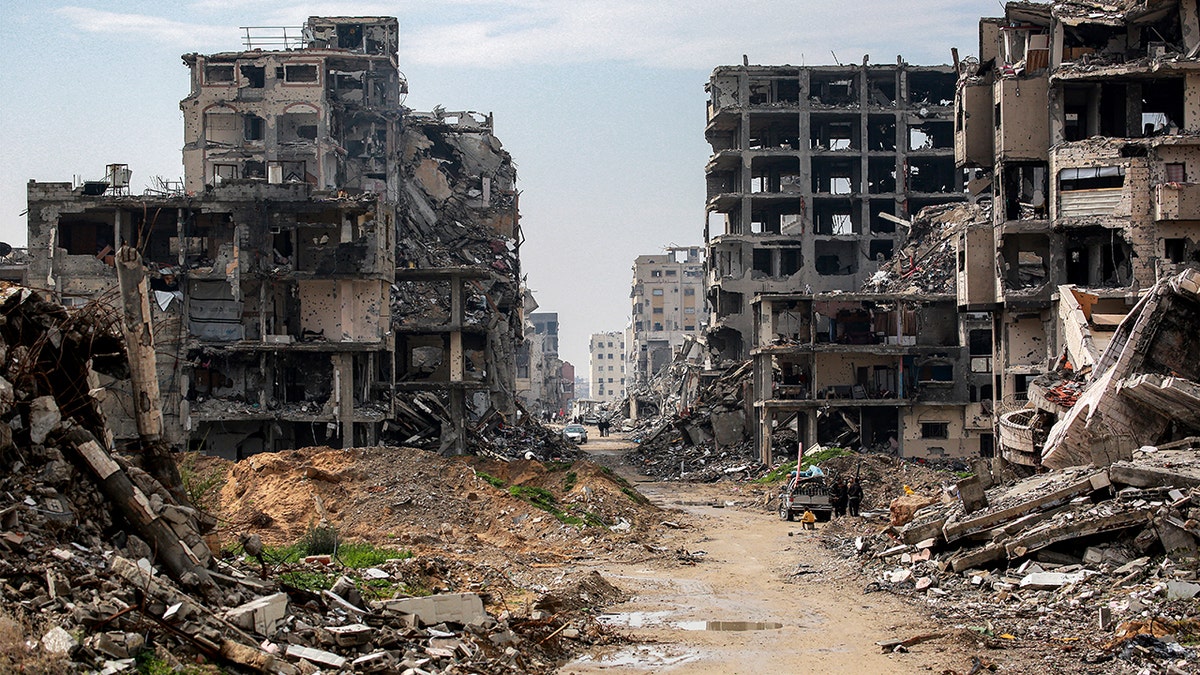
Destroyed buildings are pictured in the west of Beit Lahia in the northern Gaza Strip on Feb. 11, 2025 amid the current ceasefire deal in the war between Israel and Hamas. (BASHAR TALEB/AFP via Getty Images)
The plan also addressed the perpetual question of how to deter the next generation of Hamas terrroirsts, particularly amid Israeli military operations.
Hannah argued this issue could be addressed by simultaneously training a “non-Hamas new Palestinian, local Palestinian security force” that would not only have the trust of the local population but could also gain the trust of Israel.
Hannah said he still believes this plan could be a tenable next step to securing the Gaza Strip but urged the Trump administration to take a more direct diplomatic role by leaning on Arab, European and Israeli partners to make it happen.
The White House did not respond to Fox News Digital’s questions about this reporting.
